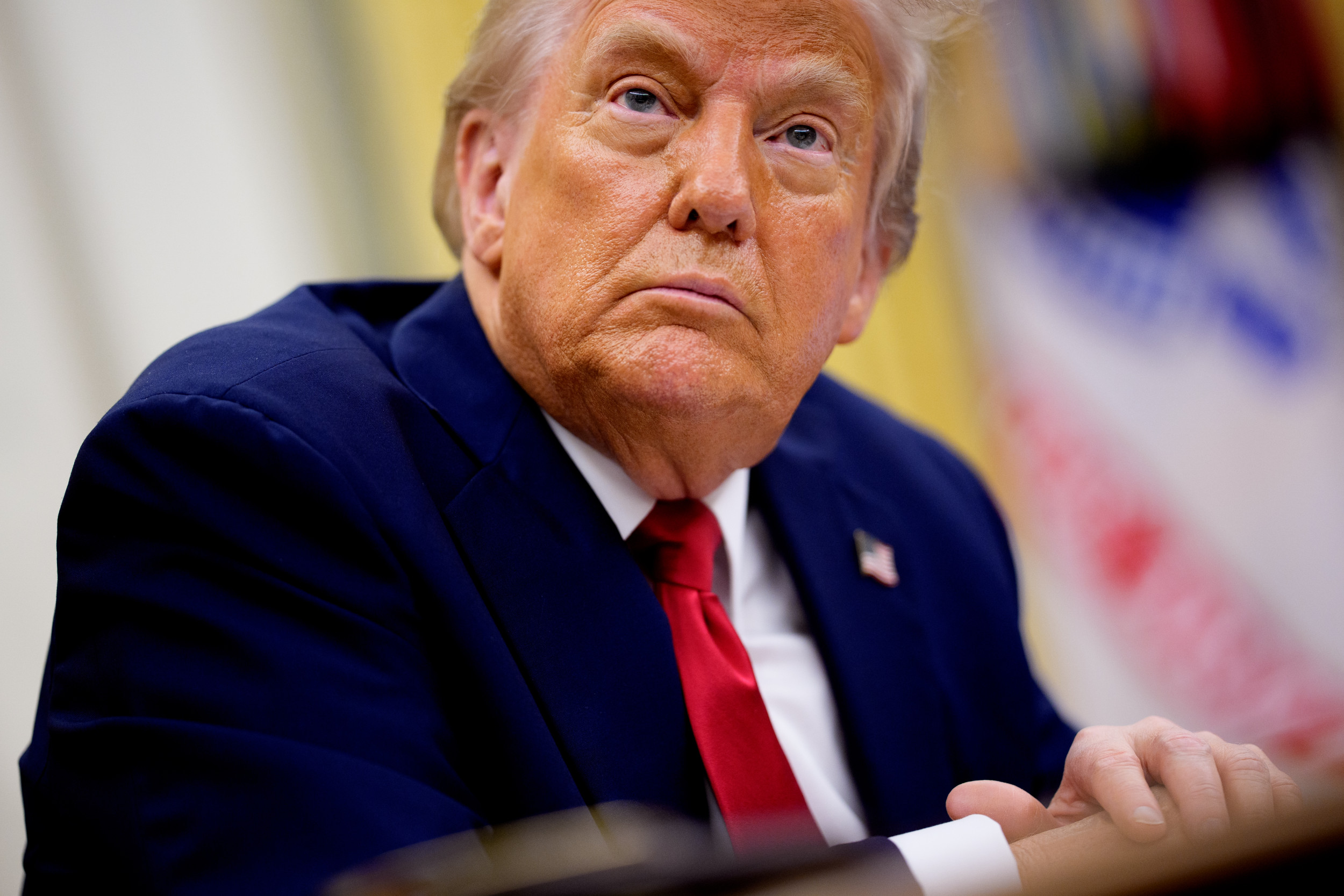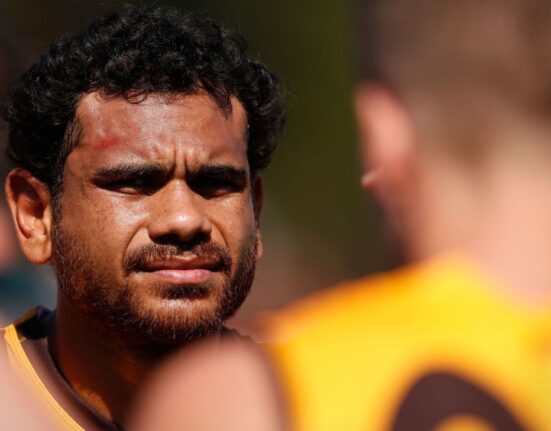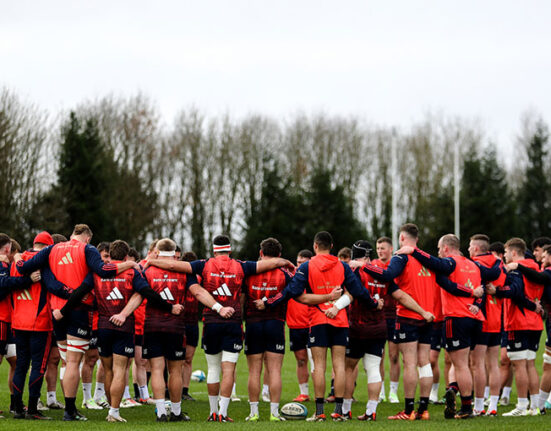Israeli Prime Minister Benjamin Netanyahu made headlines when he publicly nominated United States President Donald Trump for the prestigious Nobel Peace Prize. The announcement came during a high-profile meeting between Netanyahu and Trump at the White House, where the Israeli leader presented Trump with a letter addressed to the prize committee.
“He’s forging peace as we speak, in one country, in one region after the other,”
Netanyahu remarked during a dinner with Trump, highlighting what he believed were significant strides towards peace under Trump’s leadership.
However, this nomination sparked mixed reactions due to ongoing conflicts in regions such as Ukraine and Gaza despite Trump’s campaign promises as a “peacemaker.
” Supporters of Trump have long advocated for his recognition through the Nobel Peace Prize, citing his efforts in mediating various international conflicts.
The decision by Netanyahu to nominate Trump added fuel to an already contentious debate surrounding the US president’s foreign policy approach. While some praised Trump for his perceived peacemaking initiatives, others criticized him for escalating tensions through military interventions and controversial proposals.
As news of the nomination spread, it reignited discussions on Trump’s past involvements in conflict resolution efforts globally. From mediating between India and Pakistan to brokering agreements between Israel and Arab nations through the Abraham Accords, Trump’s diplomatic actions have been both commended and condemned by different factions.
Despite accolades from supporters like Pakistan hailing him as “
a genuine peacemaker,” there is no denying that Trump’s presidency has been marked by complex geopolitical challenges. His dealings with countries like Iran and Israel have drawn scrutiny from international observers concerned about stability in volatile regions.
During their meeting at the White House, both leaders expressed optimism about achieving a ceasefire in Gaza following recent hostilities. Netanyahu emphasized the need for dialogue with Palestinian militant group Hamas to secure peace in the region amid escalating violence that claimed many lives on both sides.
Trump echoed this sentiment by stating his confidence in Hamas’ willingness to engage in talks for a truce with Israel. The proposed Gaza ceasefire raised hopes for de-escalating tensions and averting further bloodshed, offering a glimmer of hope amidst persistent conflict dynamics in the Middle East.
Moreover, discussions between US and Israeli officials hinted at possible strategies involving relocation of Palestinians from Gaza—a controversial proposal met with resistance from Gazans determined to remain rooted in their homeland despite challenging circumstances.
As debates unfolded over potential displacement plans and peace negotiations, experts underscored the complexities of addressing entrenched conflicts while balancing humanitarian concerns and political interests. The intricate web of historical grievances, territorial disputes, and power dynamics underscores the immense challenges facing any attempts at lasting peace agreements.
Looking ahead, global attention remains focused on how diplomatic initiatives will shape future developments in conflict zones like Gaza and beyond. As stakeholders navigate intricate pathways towards reconciliation, voices advocating for peaceful resolutions alongside considerations of justice and stability continue to be pivotal in shaping international discourse on conflict resolution efforts.









Leave feedback about this